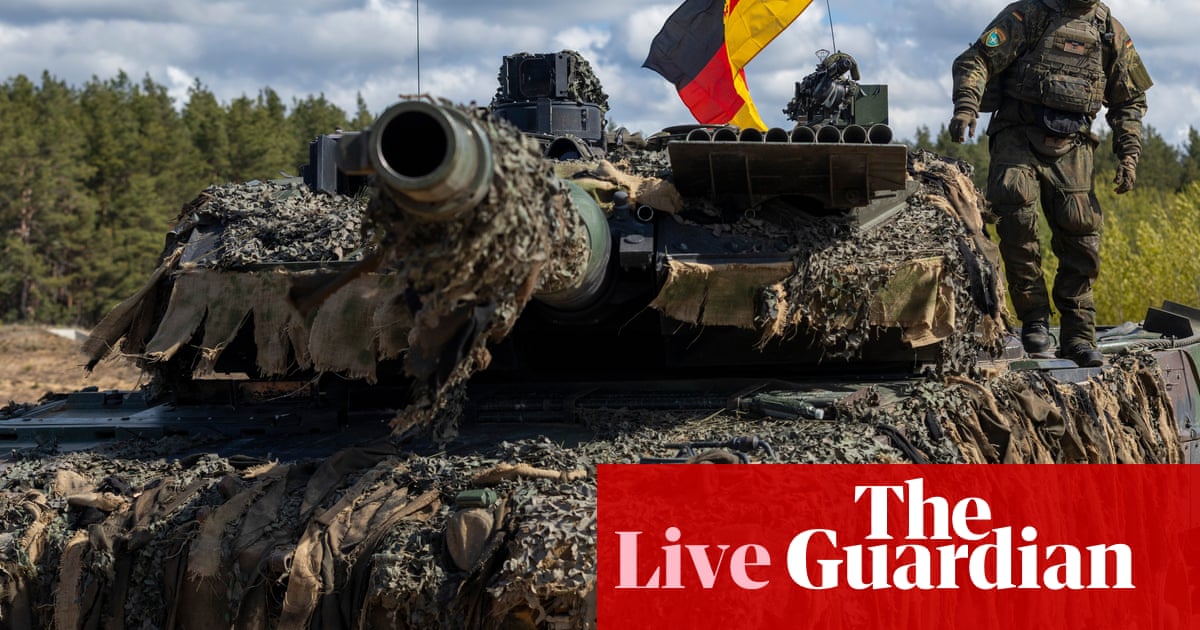Romania’s Constitutional Courthasrejectedthe defeated ultranationalist candidate’srequest to annul the presidential voteas a result of foreign interference.
Despite conceding the defeat on Sunday night,George Simionlater filed his challenge in a bid to overturn the result which saw him lose to liberal Bucharest mayorNicuşor Dan.
“Just as Călin Georgescu was removed and the elections were annulled [last year], we will challenge the election of Nicușor Dan for exactly the same reasons,” George Simion, an EU-critical, Trump-admiring former soccer ultra,said in a statementto local media.
Herepeatedly alleged electoral fraudwithout providing evidence.
Butthe court has now unanimously rejected the request, sayingin a brief statementthatthe challenge was unfounded.
German chancellorFriedrich Merzvisits Lithuania today to mark the official formation of Germany’s first permanent overseas military unit since the second world war, which is intended to boost Europe’s defences against Russia on the eastern flank of Nato.
The armoured brigade aims to achieve full operational capability with 5,000 personnel by 2027, up from 400 at the moment.
The deployment marksa major milestone in Germany’s thinking on defence and security, and isunprecedented in the postwar era.
But it reflectsgrowing concerns in this part of the worldabout Russia’s increasingly assertive posture – with no signs it has any intention to end its invasion ofUkraine– and some lingering doubts over Donald Trump’s US and its readiness to support allies in this part of the world.
Merz has repeatedly promised to spend more on the modernisation of the Bundeswehr, responding to worries about personnel and equipment shortages.
As he starts translating words into actions,this looks like a strong message from Berlin – and one coming just weeks before Nato’s summit in The Hague, the Netherlands next month.
We will hear from Merz, joined on the trip by defence minister Boris Pistorius, and Lithuanian presidentGitanas Nausėdaat some point this morning.
I will bring you all key updates from acrossEuropethroughout the day.
It’sThursday, 22 May 2025, it’sJakub Krupahere, and this isEurope Live.
Good morning.
